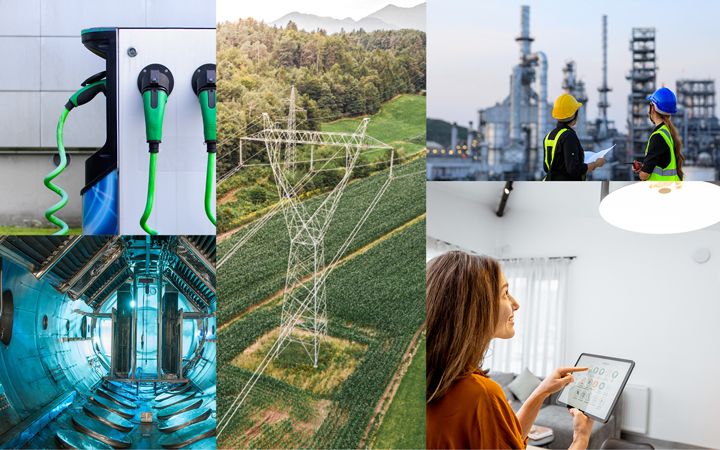
Climate Investment Fund’s evaluation of its global energy programs
We created an expert-informed analysis and roadmap for the Climate Investment Fund
Challenge
Solution
Our team of experts across sectors including energy and climate finance developed comprehensive, mixed methods and multi-level analysis for SREP at the global/portfolio, technology, and country levels. This approach provided an opportunity to bring in more analytical depth and breadth and to answer the range of process- and results-related evaluation questions.
The evaluation design aligned with the Organisation for Economic Cooperation and Development (OECD) Development Assistance Committee’s international evaluation criteria, with a particular focus on relevance, coherence, efficiency, and effectiveness. Our data collection and analysis methods included documentary review; semi-structured interviews; quantitative portfolio and benchmarking analyses; and case-based analysis focused on countries and technologies including geothermal, mini-grids, and off-grid standalone solar.
Throughout the process, our team worked closely with representatives from contributor countries, recipient countries, multilateral development banks (MDBs), and the CIF Administrative Unit to validate data and deliver a full-scope series of evidenced findings.
Results
205
8
$780+
Read the summary brief and full report
Based on our comprehensive data collection and analysis, we compiled a thorough evaluation report of SREP’s challenges, achievements, and progress, while offering a number of key recommendations for the program moving forward. Our team found that SREP occupies a highly relevant and ambitious niche in the global climate finance landscape. At the same time, the team found that SREP has not fully leveraged its potential to cross-fertilize learning across MDBs or other partners, to influence wider technology or sub-sectoral development approaches. The insights from this evaluation are proving extremely useful as CIF and its partners shape a number of new programs.
Related client stories